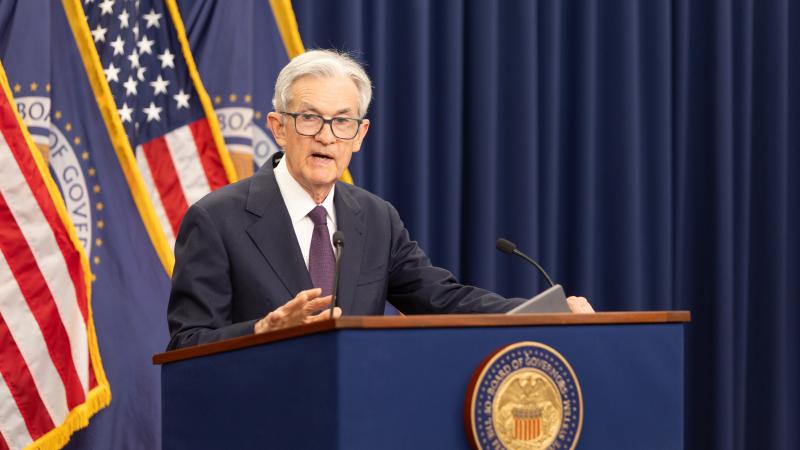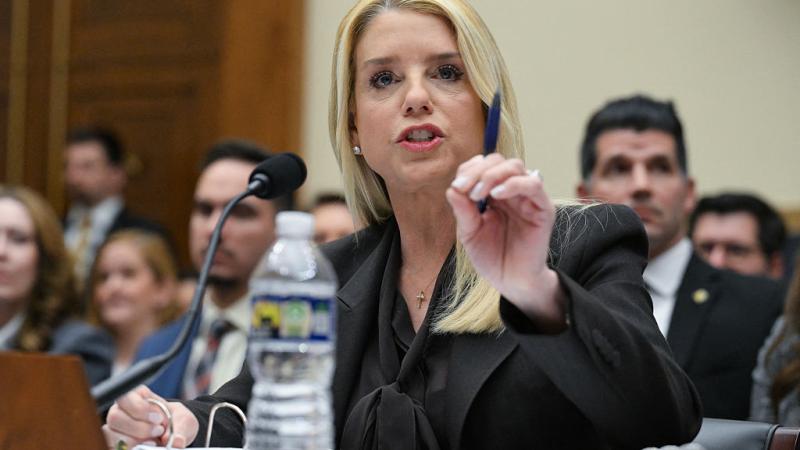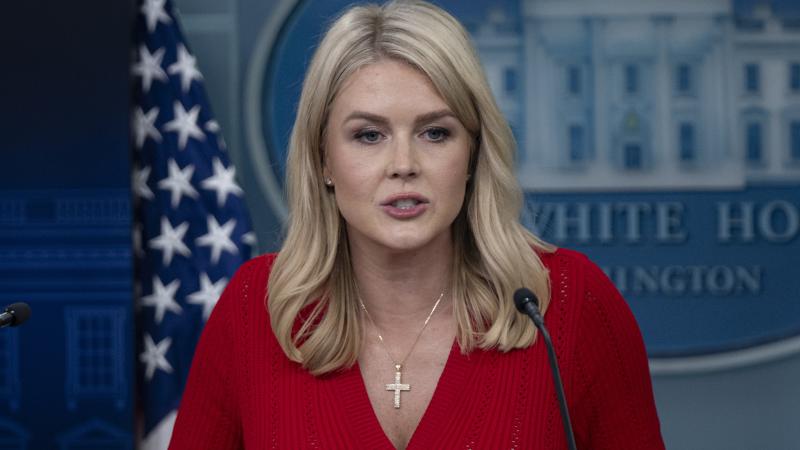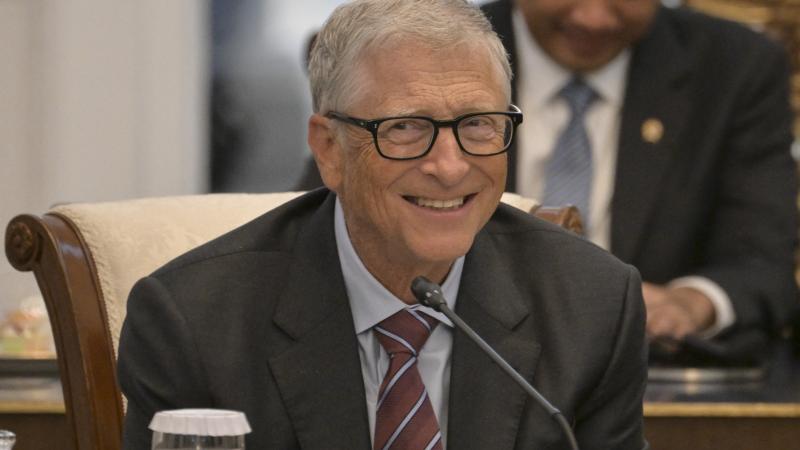CDC walks back COVID guidance again, finds lasting post-vaccine heart problems in young adults
Ivy League-affiliated hospital hides myocarditis ad for kids following criticism that it's trying to "normalize" vaccine-induced condition. Cardiologist explains how father's inexplicable death led him to question COVID vaccines.
The CDC continues to erase distinctions by COVID-19 vaccination status in public health guidance as ongoing global research — including its own — documents the mediocre performance of COVID vaccines and their unexpectedly high rates of lasting harm in some groups.
Vaccination status is no longer used "to inform source control, screening testing, or post-exposure recommendations" for healthcare personnel, the Friday update to their CDC guidance says.
The agency "[c]larified" that healthcare facilities, including nursing homes, have discretion on whether to screen-test asymptomatic personnel. It also now says asymptomatic patients "in general" do not require "empiric use of Transmission-Based Precautions" after exposure to an infected person.
A CDC study of 12-29 year-olds with heart inflammation following mRNA vaccination, published last week in The Lancet Child & Adolescent Health, found that 1 in 6 still had not "fully recovered" at least 90 days after myocarditis onset, including 1 in 100 who hadn't improved at all.
Myocarditis has increased so markedly among youth since vaccines were authorized for them that an Ivy League-affiliated hospital started running TV ads this month for its treatment in children. New York-Presbyterian marked the ad's Sept. 6 YouTube video private less than two weeks later, following criticism that it was trying to "normalize" a vaccine-induced condition.
The CDC's COVID-19 Response Team found more than 800 myocarditis reports to the Vaccine Adverse Events Reporting System from Jan. 12 to Nov. 5, 2021 that matched the parameters for age and time since onset.
Excluding those without phone numbers or who couldn't be reached, they studied 393 individuals whose healthcare providers, mostly cardiologists, completed a survey. The median age was 17 and overwhelmingly male. The team deemed four in five patients "fully or probably fully" recovered (320).
But two-thirds of those initially required non-intensive care hospitalization, and 27% required intensive care. At their last provider followup, 28% of the fully recovered were still on doctor-ordered physical activity restrictions.
The figures for the 65 patients who were not fully recovered: 62% non-intensive hospitalization and 18% intensive, and 48% still on physical activity restrictions. Less than a third had been cleared for physical activity, half the figure for the fully recovered, who had a median clearance of 10 fewer days (104).
University of California San Francisco epidemiologist Vinay Prasad, a critic of the New York-Presbyterian myocarditis ad, was shocked by the CDC researchers' rosy portrayal of the findings. "What kind of 'full recovery' is it if I can't go for a run or a jog and I'm a 24-year-old man?" he asked in a 23-minute video analysis.
Prasad noted one patient required extracorporeal membrane oxygenation, which is "as serious as it gets," and more than 100 were prescribed medication such as beta blockers and ACE inhibitors at their last followup, including half of the not-fully-recovered patients.
"This cannot be attributed to any underlying anxiety or mental health issue," but only "the direct effect of the vaccine on the heart muscle," he said.
"In our cohort of patients, we found that more than 95% showed improvement or recovery based on the healthcare provider assessment of recovery status," the study's corresponding author Ian Kracalik told Just the News when asked for his response to Prasad's analysis.
"Current guidelines recommend restricting patients with myocarditis from competitive sports for 3–6 months, although we noted some variability among health-care providers in clearing patients for a return to all physical activity," Kracalik wrote in an email.
"It is important to note," he added, "that there are no standard criteria for myocarditis recovery, and we did not identify any clinical feature or diagnostic test results associated with recovery status in the patients we evaluated. There are currently ongoing efforts to follow-up on patients assessed as not recovered at least 90 days since onset again at 12 months."
Another study in a Lancet journal, published this summer, is getting a second look for downplayed findings on COVID vaccine effectiveness.
The University of Oxford researchers studied the association between body-mass index and vaccine effectiveness among 9 million participants in England between December 2020 and November 2021.
The odds ratios for protection against hospitalization two weeks after the second mRNA dose were 0.32-0.34 for weight ranges between obese and "healthy," meaning 66-68% protection versus no vaccination.
Charts for the paper that aren't described in the text show vaccinated people actually fared worse than unvaccinated in some situations. They had much higher odds of infection prior to a booster, particularly after their first mRNA dose, and also higher odds of hospitalization for three weeks after the first dose.
Former New York Times journalist Alex Berenson broke out the overlooked findings Friday, even casting doubt on booster effectiveness because the study ended in November. This covered only "the brief period in which the vaccines provide protection," he wrote.
"Our paper followed a pre-specified protocol where we specified our primary outcome (Covid mortality) from the outset, this protocol was published at the same time," the study's corresponding author Carmen Piernas-Sanchez told Just the News when asked for her response to Berenson's analysis.
"We specified from the beginning that covid death together with hospital admission were our most robust outcomes because they were not subject to individual testing (or access to tests), hence this was the main reason for putting this result in supplementary material (also because editors don’t let us put every single result we get in the main text)," she wrote in an email.
Piernas-Sanchez believes Berenson is "using the test results to support his anti-vaccine argument with which I don’t agree." The paper explained "the limitations of interpreting those ORs [odds ratios] for positive tests (given the data we had at hand, we couldn’t use a negative-test case control design which is the ideal design to investigate vaccine effectiveness against symptomatic disease) but I don’t think he mentioned these limitations in his article so not giving people all the details needed to make a judgment."
British cardiologist Aseem Malhotra, a visiting professor of evidence-based medicine at Brazil's Bahiana School of Medicine and Public Health, labeled mainstream claims about COVID vaccines a "pandemic of misinformation" in a first-person paper for the South Africa-based Journal of Insulin Resistance Monday.
He took the Pfizer vaccine in January 2021 to protect his vulnerable patients and defended the mRNA jabs on television, but came to question them after his healthy father — a former British Medical Association leader — suffered cardiac arrest and died six months after vaccination, with inexplicable heart blockages.
By reanalyzing the randomized controlled trials used for emergency authorization and other medical reviews, Malhotra concluded it takes thousands of vaccinations in the non-elderly population "to prevent a single death" from COVID and that severe adverse events are more likely than prevented hospitalizations.
"Pfizer's pivotal mRNA trial in adults did not show any statistically significant reduction in all-cause mortality, and in absolute terms there were actually slightly more deaths in the treatment arm versus in the placebo," he wrote.
"It cannot be said that the consent to receive these agents was fully informed, as is required ethically and legally," Malhotra said. "A pause and reappraisal of global vaccination policies for COVID-19 is long overdue."
The Facts Inside Our Reporter's Notebook
Links
- erase distinctions by COVID-19 vaccination status
- Friday update to their CDC guidance
- The Lancet Child & Adolescent Health
- Sept. 6 YouTube video private
- trying to "normalize" a vaccine-induced condition
- critic of the New York-Presbyterian myocarditis ad
- 23-minute video analysis
- extracorporeal membrane oxygenation
- Another study in a Lancet journal
- Charts for the paper
- Alex Berenson broke out the overlooked findings
- Journal of Insulin Resistance
















